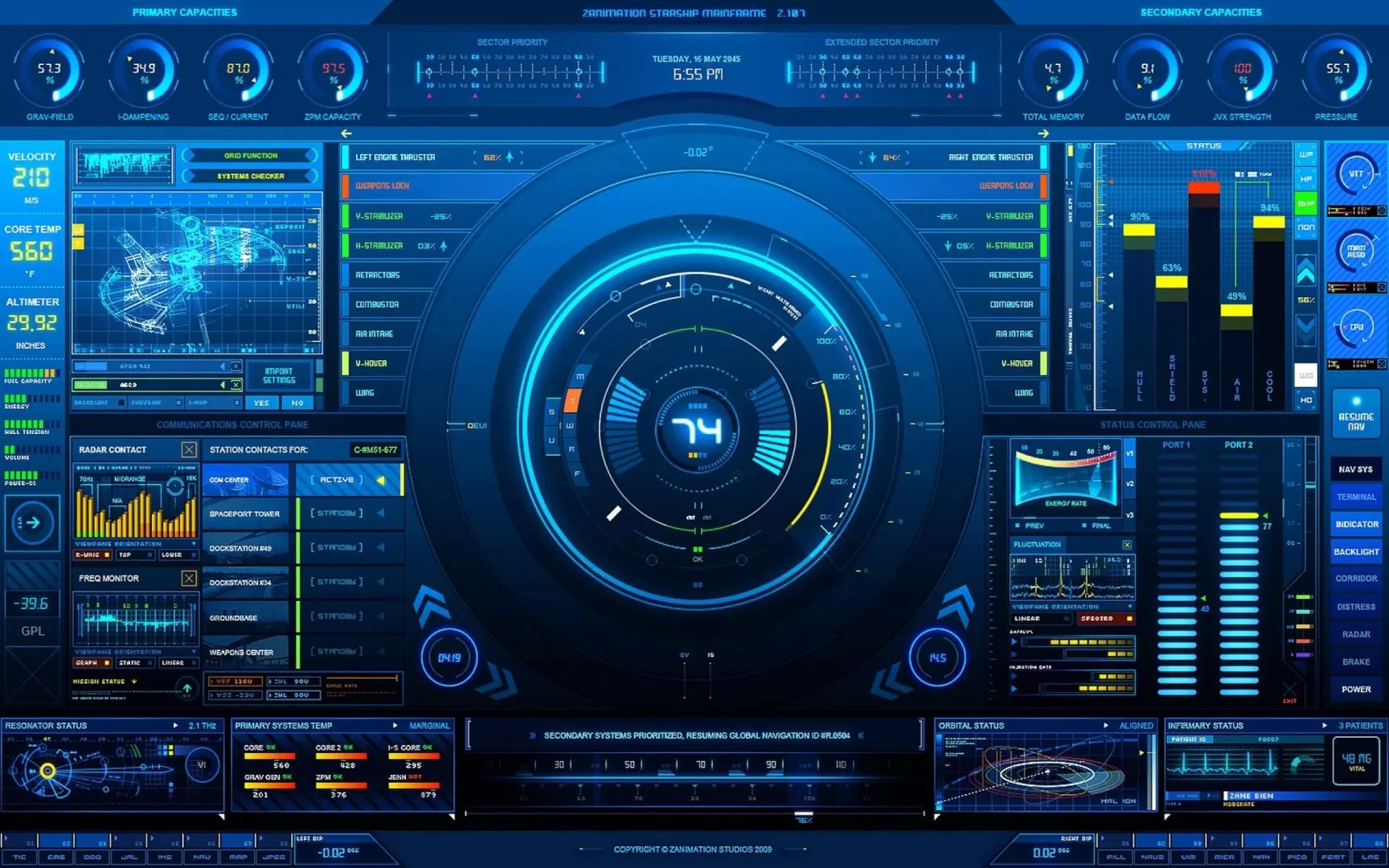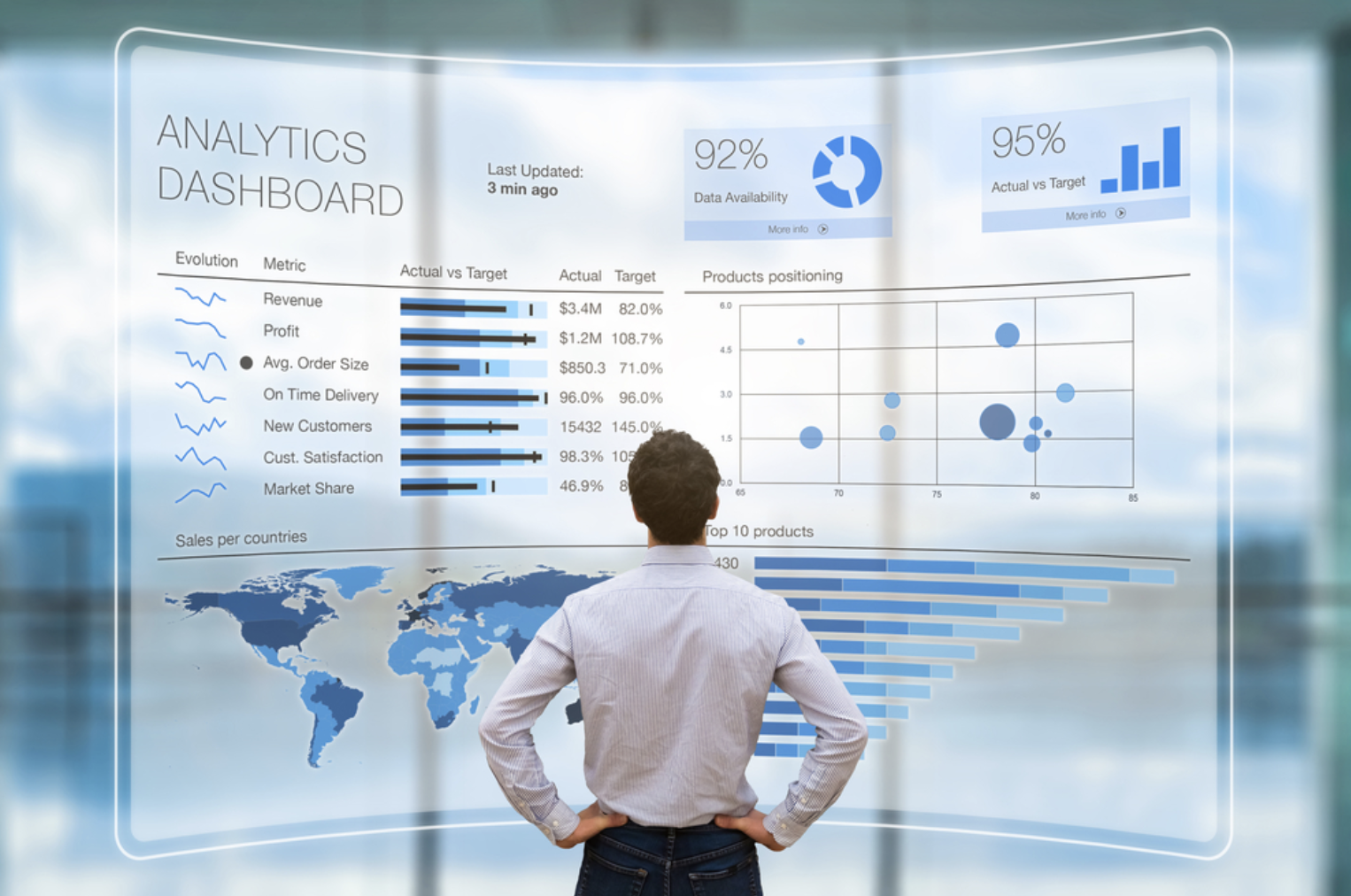Comments
- No comments found

In the digital age, politics and data are inseparable bedfellows.
The advent of artificial intelligence (AI) has revolutionized the landscape of data science, presenting unprecedented opportunities for politicians and policymakers to gain deeper insights into the electorate's needs and preferences. AI data science is transforming politics by empowering leaders with the ability to make data-driven decisions, engage with voters on a personalized level, and address complex social issues more effectively. In this article, we explore the game-changing impact of AI data science in modern politics and its potential to shape the future of governance.

Traditional political campaigns often relied on generalized voter demographics and past election results. AI data science, however, goes beyond mere demographic profiling. It delves into vast troves of data from social media, online forums, and other sources to create comprehensive voter profiles. By analyzing sentiments, opinions, and behaviors, politicians can tailor their messages and policies to resonate with specific voter segments. This leads to more relevant campaign strategies that resonate with individuals on a personal level, ultimately fostering stronger voter engagement and participation.
AI-driven predictive analytics has emerged as a powerful tool for forecasting election outcomes. By analyzing historical voting patterns, social media activity, and other relevant data, AI algorithms can accurately predict voting behavior with unprecedented accuracy. Such predictive insights allow political campaigns to allocate resources more efficiently, identify potential swing regions, and tailor their messages accordingly. In turn, this optimizes campaign efforts and increases the chances of electoral success.
Misinformation and fake news have become pervasive threats to democratic processes. AI data science equips politicians and authorities with the ability to detect and combat disinformation campaigns more effectively. Natural Language Processing (NLP) algorithms can analyze vast amounts of content to identify false narratives and misleading information, enabling prompt responses to debunk falsehoods. By leveraging AI, political entities can foster an informed electorate and maintain the integrity of public discourse.
Governments are facing increasingly complex challenges, from climate change to healthcare and education. AI data science enables evidence-based policy making by analyzing large datasets and identifying trends and correlations. Through predictive modeling and simulations, policymakers can better understand the potential outcomes of various policy decisions. This data-driven approach helps in crafting effective policies that are more likely to achieve their intended goals and benefit society at large.
AI-powered chatbots and virtual assistants have transformed the way citizens interact with politicians and government agencies. These bots can provide real-time assistance, answer queries, and gather feedback from the public on various issues. As a result, politicians can gauge public sentiment, address concerns promptly, and strengthen citizen-government relationships. AI-driven chatbots are available 24/7, making government services more accessible and responsive.

By harnessing the power of AI-driven analytics, politicians can gain deeper insights into the electorate, optimize their campaigns, and craft evidence-based policies to tackle societal challenges. However, the ethical use of AI data science in politics is crucial to ensure privacy, security, and transparency. As we move forward, striking the right balance between technological advancements and ethical considerations will be key to reaping the full benefits of AI in shaping the future of politics and governance.
Leave your comments
Post comment as a guest